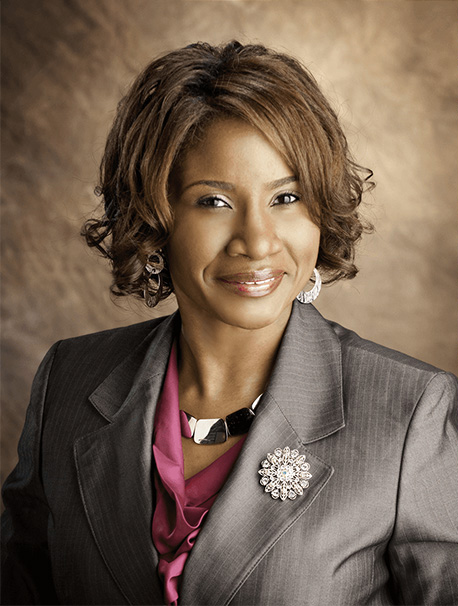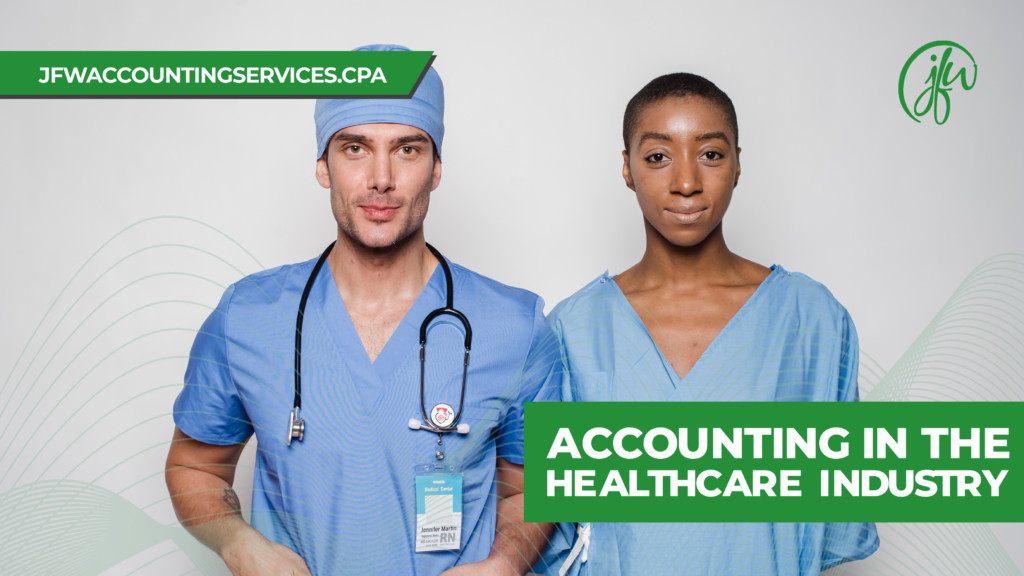Healthcare accounting applies to for-profit and nonprofit healthcare businesses as well as government-run healthcare facilities. While governmental and nongovernmental entities differ in some of the applications of law and regulation, the overall accounting procedures can be regarded similarly.
Health care accounting models mimic accounting policies for general business accounting, with exceptions on how the following factors contribute:
- Patients and health care providers
- Insurance and pharmaceutical companies
- Government agencies and grants
Health care accounting policies follow generally accepted accounting principles (GAAP). Providers must choose cash or accrual accounting methods. Once selected, the method cannot be changed without proper documentation and procedures.
Accrual accounting allows entities to record revenue and expenses when they are earned or incurred and cash accounting records the revenues and expenses when the payments are made.
Health care entities are paid in some different ways than other businesses following GAAP including capitation, per diem, and case-by-case. They must also account for value-based payments, or pay for performance (P4P), that are regulated by the Centers for Medicare and Medicaid Services.
These payment methods require evolved accounting models for proper recognition.
AICPA: Options When Considering an Accounting Model for a Government Grant in Healthcare
As the world continues to recover from the pandemic, industries, like finance and health care, continue to adapt to new policies. Revised in April of 2021, the American Institute of Certified Public Accountants (AICPA) released a question and answer (Q&A) session to address accounting in health care.
The session provides guidance from the AICPA Health Care Expert Panel on obtaining and recording government grants as well as technical guidance regarding payments from Medicare and Medicaid, the CARES Act, and the Provider Relief Fund.
The Q&A session provided by the AICPA was directed at nongovernmental for-profit and nonprofit healthcare entities and intended to help those entities select an appropriate accounting model when applying for a government grant. Each section of the release addressed a different revision of regulations.
6400.64 – Accounting for Provider Relief Fund General and Targeted Distribution Payments
The inquiry related to the $175 billion in payments from the Provider Relief Fund and addressed how nongovernmental health care entities account for distribution payments.
The AICPA expert reply advised nonprofit health care entities to account for them as non-exchange transactions in accordance with the “contributions received” subsections of FASB ASC 958-605, Not-for-Profit Entities — Revenue Recognition
6400.66 – Period of Accounting for Provider Relief Fund Phase 1 General Distribution Payments
The inquiry addressed the timing of when nongovernmental health care entities should account for the Phase 1 distribution payments from the CARES Act.
The expert reply stated that those payments would be considered “non-recognized (Type II) subsequent event” in accordance with FASB ASC 855, Subsequent Events.
6400.67 – Accounting for Uninsured Pool Portion of Provider Relief Funds
The inquiry labeled .67 provided guidance on the program that paid health care entities for the treatment of uninsured COVID-19 patients.
The Q&A advised nonprofit healthcare businesses to treat payments received by health care entities under the program as claims reimbursements in the same manner as reimbursements received from commercial insurance, Medicare, or Medicaid are treated.
6400.68 – Accounting for Payments Received Under the Medicare Accelerated and Advance Payment Program
Section 6400.68 referred to the inquiry regarding advances against payments for future claims that they are expected to submit to Medicare.
The reply to the questions about advance payments was tailored to entities that have not adopted FASB ASC 606 and those that have. It stated that entities that have adopted ASC 606 should record the advances as a liability to be reduced over time as revenue is recognized and those health care facilities that have adopted the new practices should record the advances as a contract liability under FASB ASC 606-10-45-2.
6400.69 – Accounting for Temporary Increases in Medicare and Medicaid Payments
This section addressed the questions about how changes to Medicare and Medicaid payment rules affect the recognition of patient service revenue by nongovernmental health care entities.
The reply told entities that had adopted FASB ASC 606 that the increases will affect their estimates of variable consideration and entities that hadn’t yet adopted FASB ASC 606 that changes will affect their estimates of contractual adjustments that are deducted from gross service revenue.
6400.70 – FEMA Public Assistance Payments to NFP Health Care Entities for Emergency Protective Measures During the COVID-19 Pandemic
The expert panel advised that those payments would be accounted for as non-exchange transactions in accordance with subsections of FASB ASC 958-605.
Final Thoughts
Healthcare accounting models follow GAAP guidelines regarding choosing a cash or accrual basis, reporting requirements, and depreciation methods. Accounting methods in health care entities differ from general business accounting in the way payments are received for medical services including government grants.
The question-and-answer session provided a lot of clarity to health care entities seeking accounting guidance. For-profit and nonprofit health care businesses that are applying for government grants should consider the following factors:
- preexisting accounting policies the entity may have established for government grants
- U.S. GAAP guidance on selecting accounting principles for transactions or events for which no guidance exists
- on specific characteristics and facts and circumstances associated with the grant
Accounting in healthcare is complicated with the recognition of payments from government grants and programs. It is recommended that accounting professionals in the healthcare industry stay updated on current regulations and consult with accounting experts frequently.

Jo-Anne Williams Barnes, is a Certified Public Accountant (CPA) and Chartered Global Management Accountant (CGMA) holding a Master’s of Science in Accounting (MSA) and a Master’s in Business Administration (MBA). Additionally, she holds a Bachelor of Science (BS) in Accounting from the University of Baltimore and is a seasoned accounting professional with several years of experience in the field of managing financial records for non-profits, small, medium, and large businesses. Jo-Anne is a certified Sage Intacct Accounting and Implementation Specialist, a certified QuickBooks ProAdvisor, an AICPA Not-for-Profit Certificate II holder, and Standard for Excellence Licensed Consultant. Additionally, Jo-Anne is a member of American Institute of Certified Public Accountant (AICPA), Maryland Association of Certified Public Accountants (MACPA), and Greater Washington Society of Certified Public Accountants (GWSCPA) where she continues to keep abreast on the latest industry trends and changes.

